
I commend Harris for doing what is quite difficult to do, making Leviticus accessible and applicable to a modern world. Harris’ approach is to see beyond the mere words on the page — or the rituals, or the laws — in order to observe something deeper, more profound, and illuminating of the human experience. It is this lens that allows the reader to think differently about ancient texts as a whole, and guides the student to a more holistic approach to this literature.
At times it can seem as if his liberal perspective clouds the exegesis of a passage. Admittedly,Leviticus is more rhetorical commentary than scholastic exegesis. In other words, the reader simply must know that this book is focusing more on the big global issues that are implied, inferred, or referenced in Leviticus more than a thorough exposition of the book or even the mentioned chapters. Case in point, he makes note that the passages that deal with homosexuality are extremely minimal in the Torah, yet they get so much attention in our public discourse. The same is true in this very short tome, that much attention is given to his counter-interpretation which includes a smattering of gay (queer) theology through the Levitical passages. I opine that this is for two main reasons. One, there is much in our public discourse that needs to be addressed, and it makes perfect sense to launch into this issue boldly and directly making both his point and his position clear. Second, it illustrates Harris’ very thesis, that Leviticus needs, no, demandsbetter attention as wrongful readings have dire consequences for real people in this world. Regardless of your aggreement or displeasure with his views, I commend his contribution to anyone wrestling (ideologically, that is) with either the current topic of homosexuality, or with Leviticus itself.
See the full review here.
At times it can seem as if his liberal perspective clouds the exegesis of a passage. Admittedly,Leviticus is more rhetorical commentary than scholastic exegesis. In other words, the reader simply must know that this book is focusing more on the big global issues that are implied, inferred, or referenced in Leviticus more than a thorough exposition of the book or even the mentioned chapters. Case in point, he makes note that the passages that deal with homosexuality are extremely minimal in the Torah, yet they get so much attention in our public discourse. The same is true in this very short tome, that much attention is given to his counter-interpretation which includes a smattering of gay (queer) theology through the Levitical passages. I opine that this is for two main reasons. One, there is much in our public discourse that needs to be addressed, and it makes perfect sense to launch into this issue boldly and directly making both his point and his position clear. Second, it illustrates Harris’ very thesis, that Leviticus needs, no, demandsbetter attention as wrongful readings have dire consequences for real people in this world. Regardless of your aggreement or displeasure with his views, I commend his contribution to anyone wrestling (ideologically, that is) with either the current topic of homosexuality, or with Leviticus itself.
See the full review here.
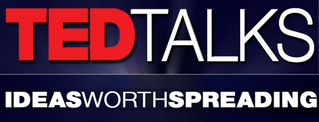

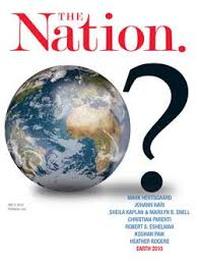

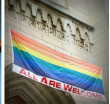
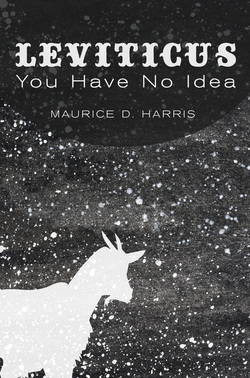
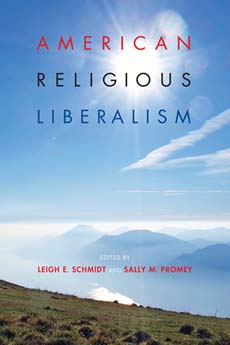
 RSS Feed
RSS Feed
